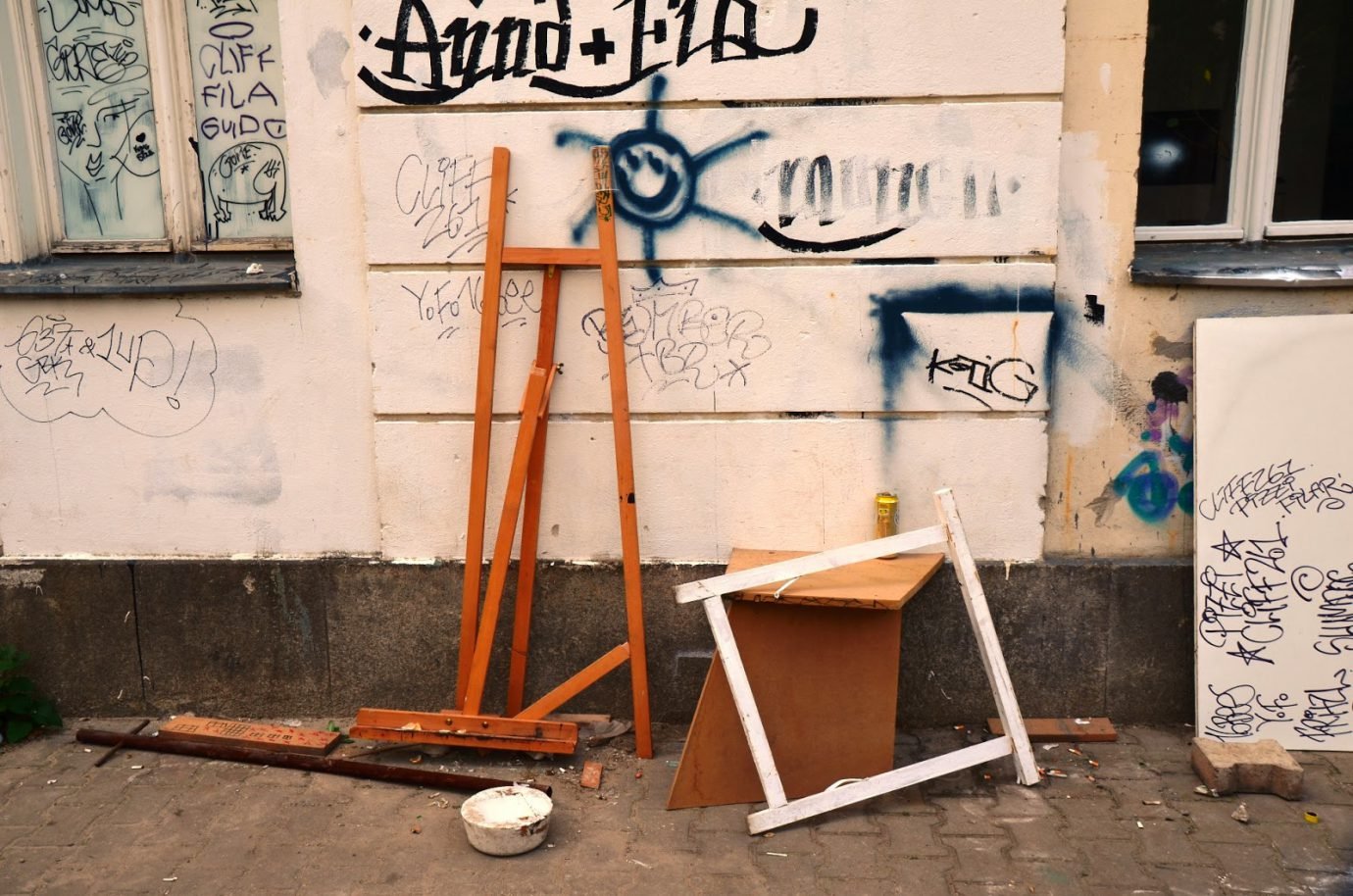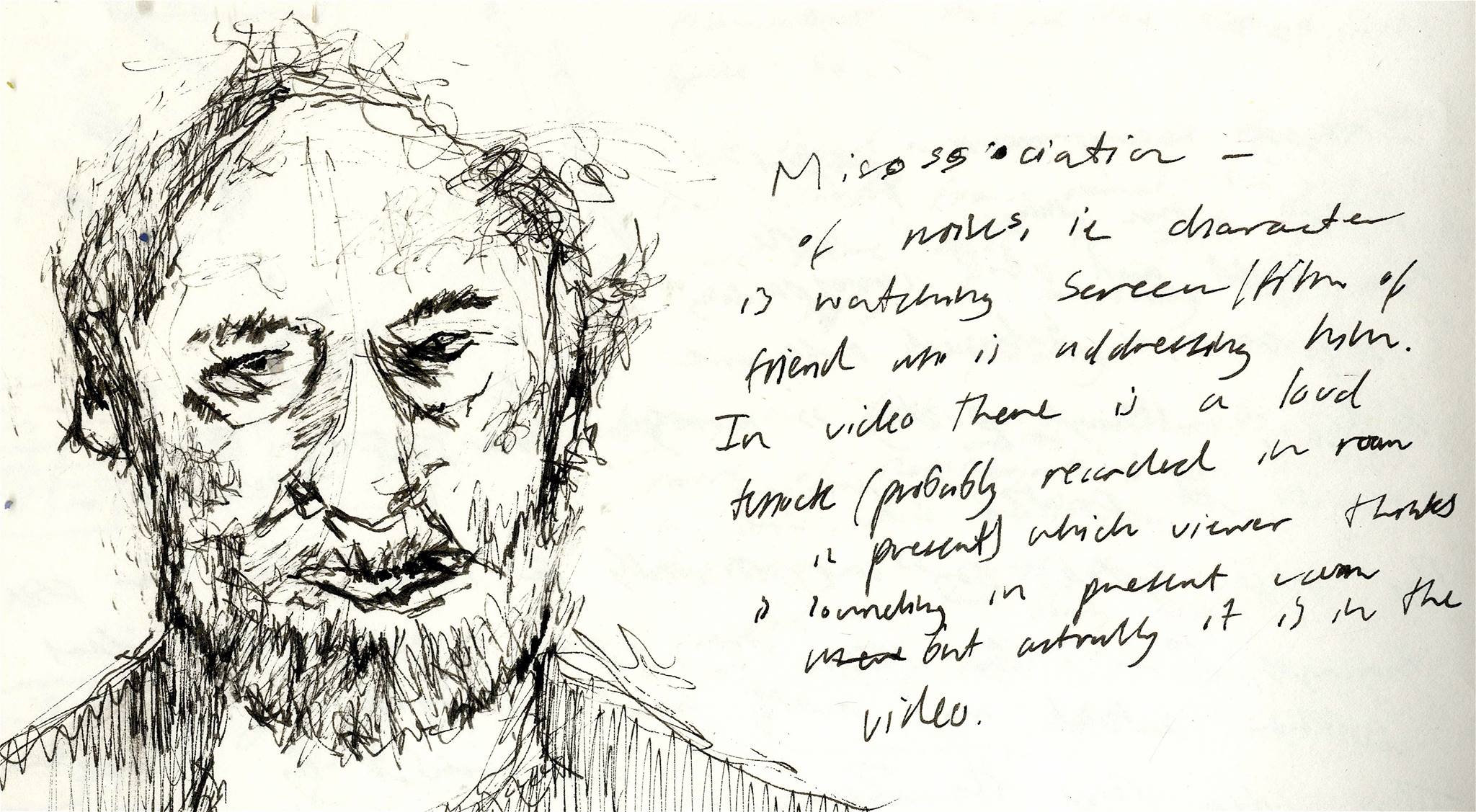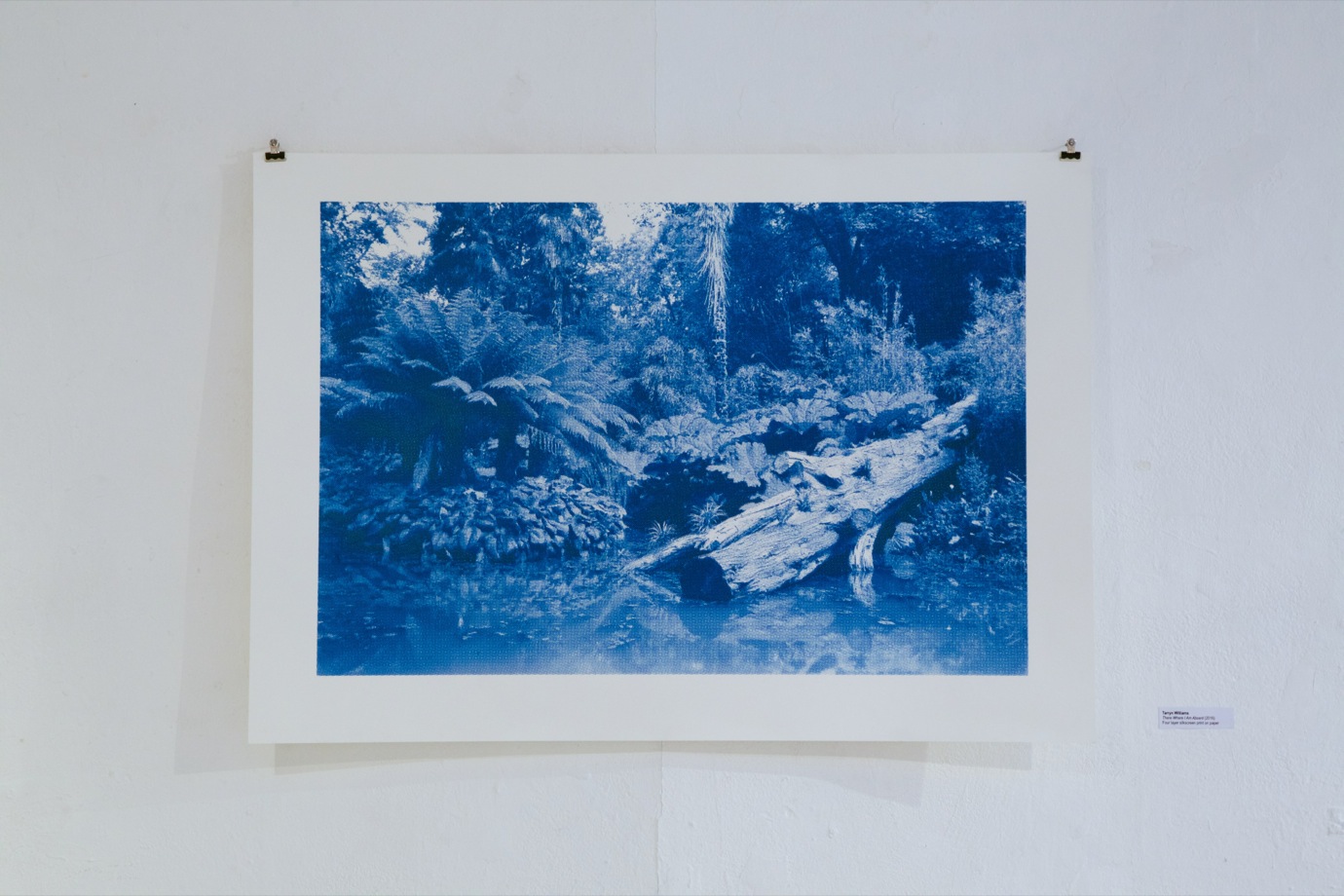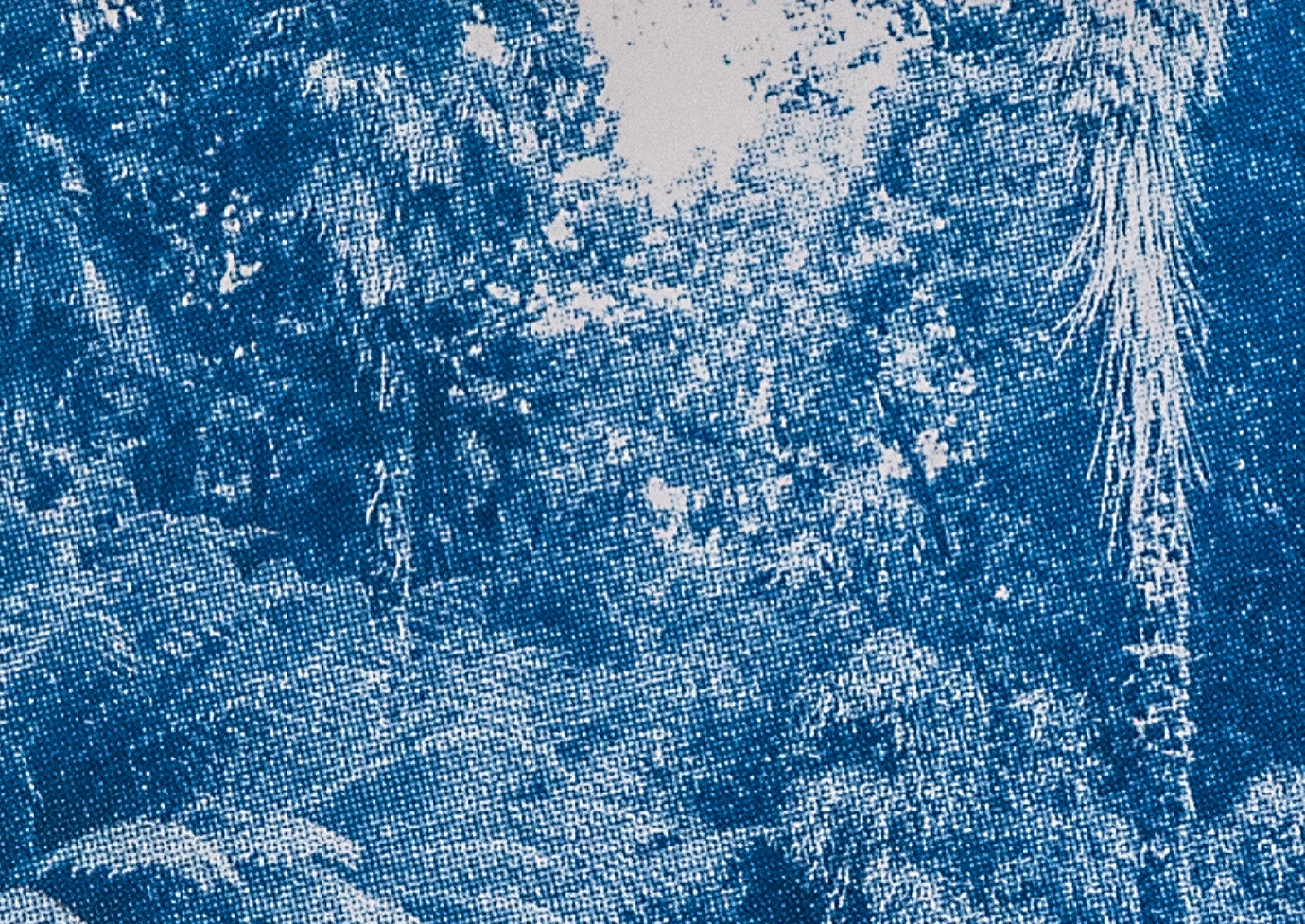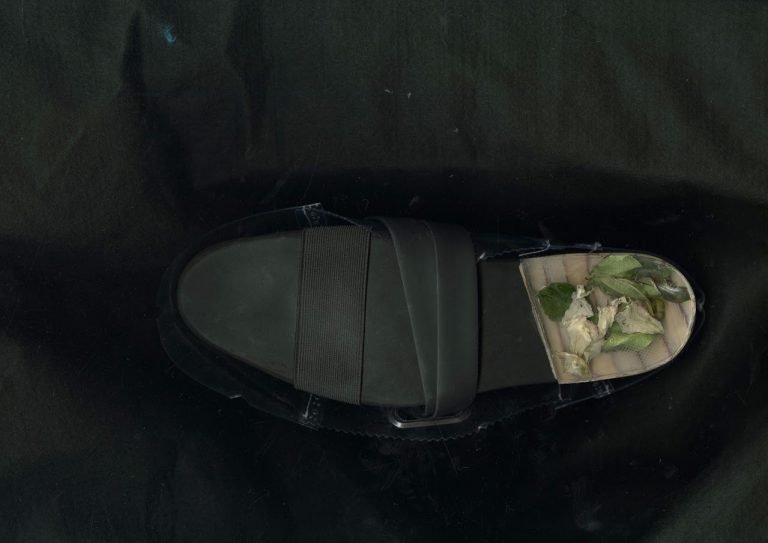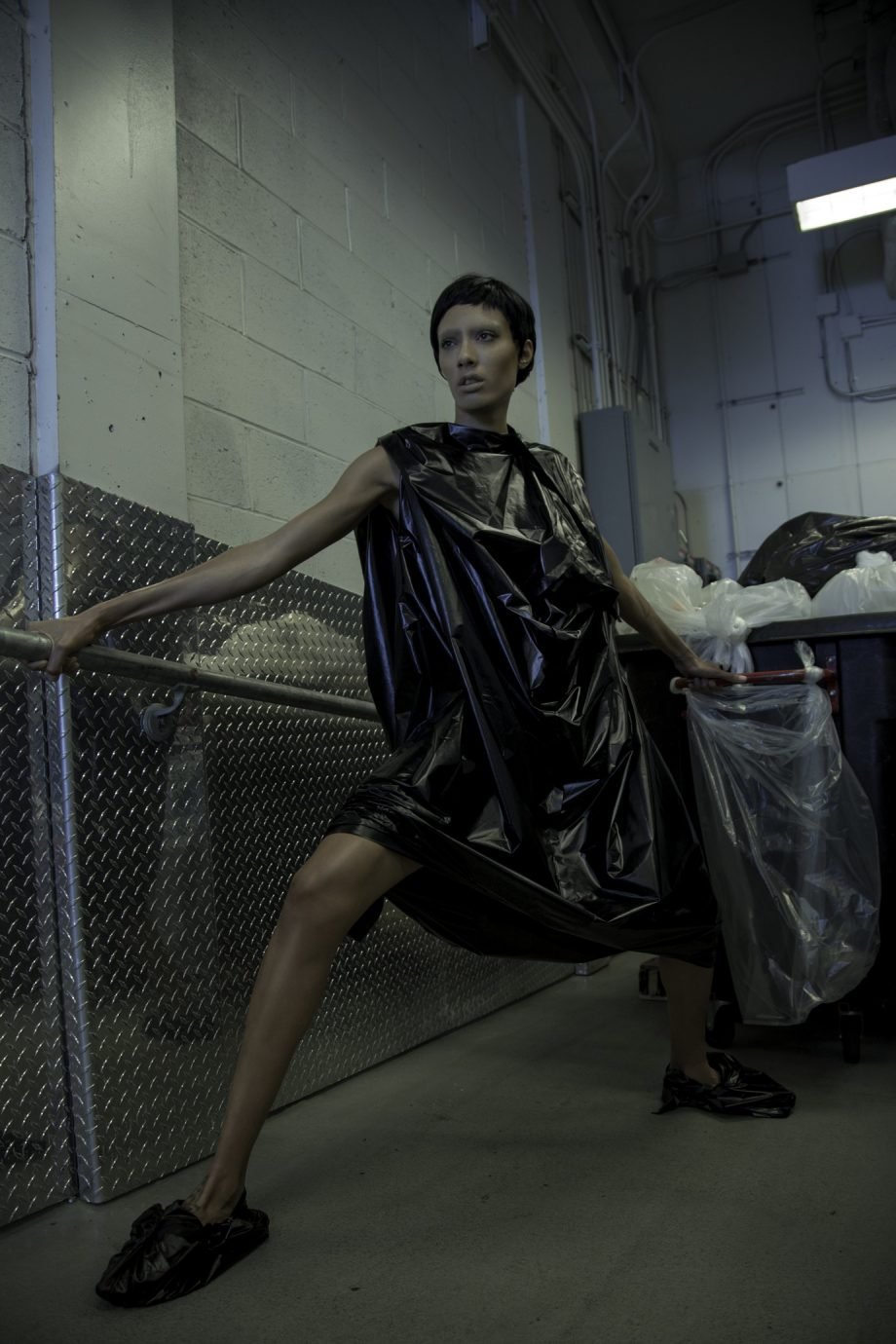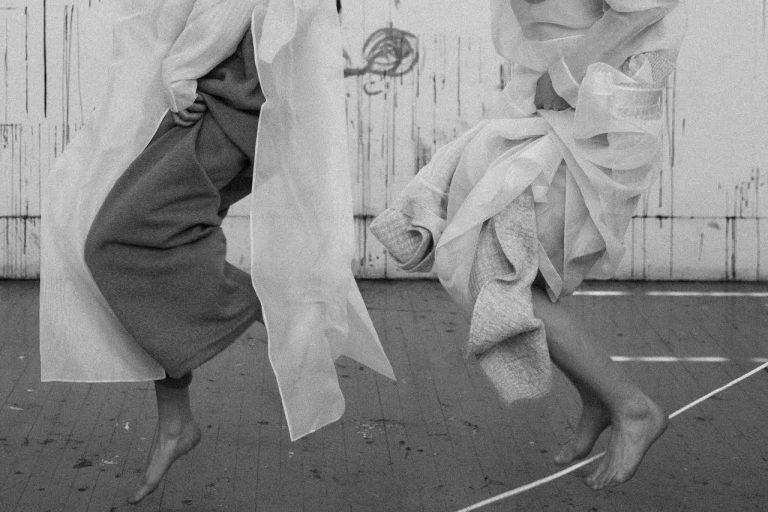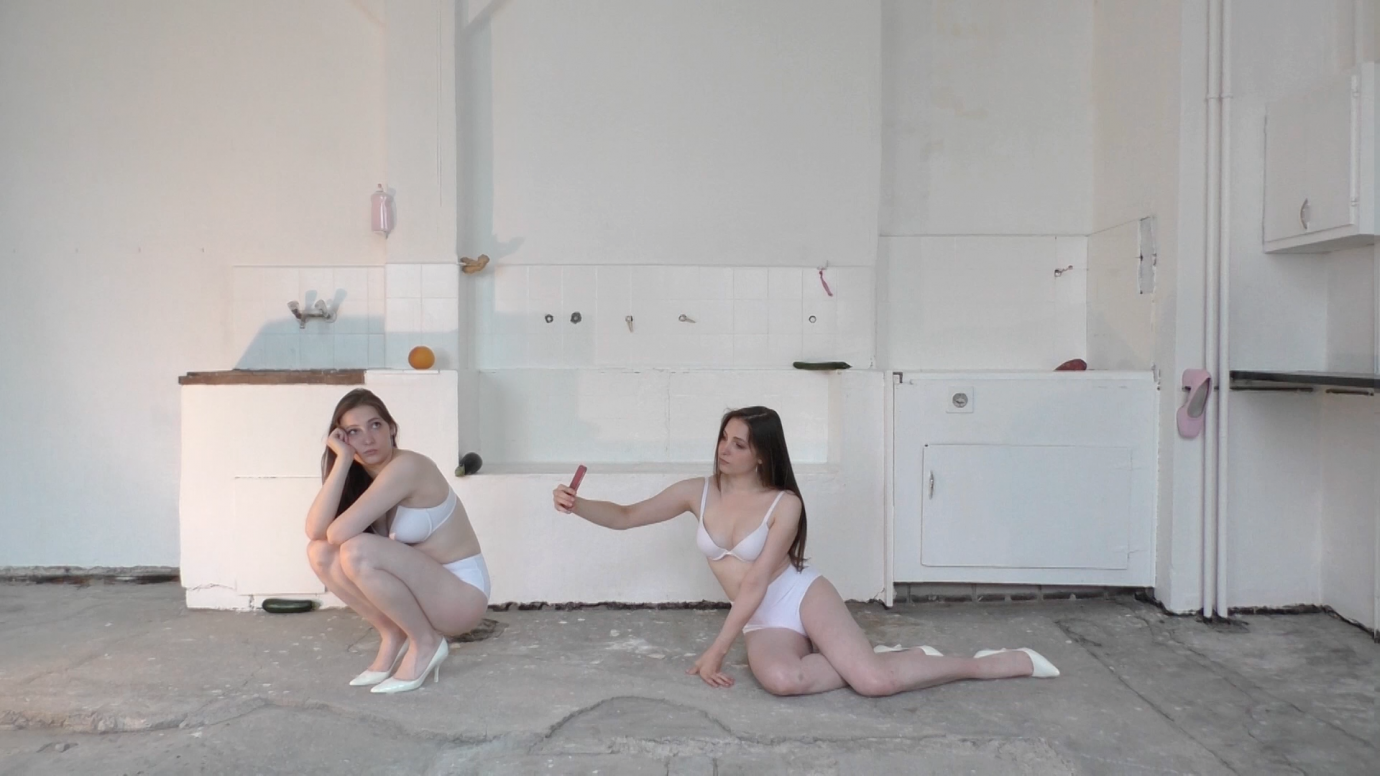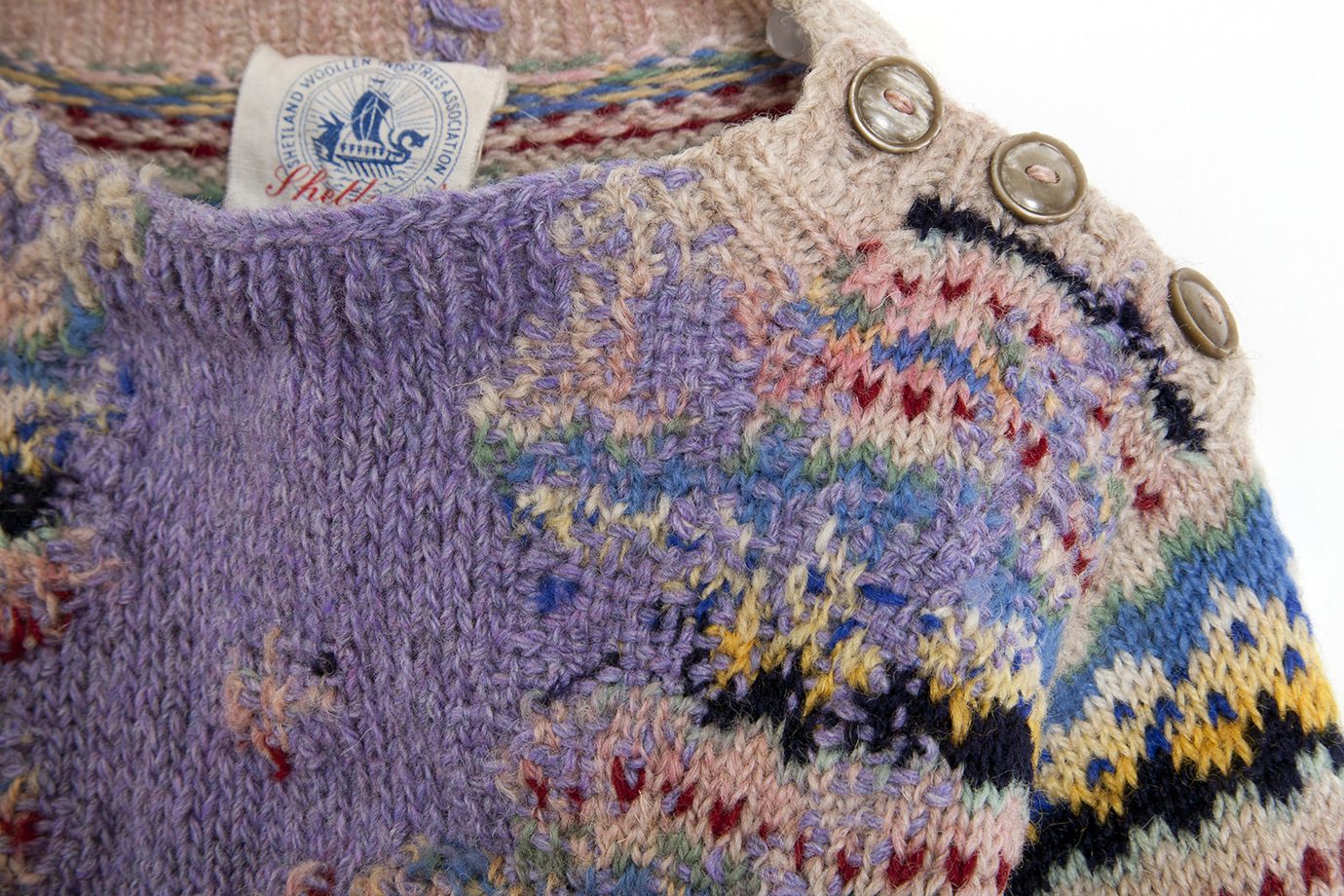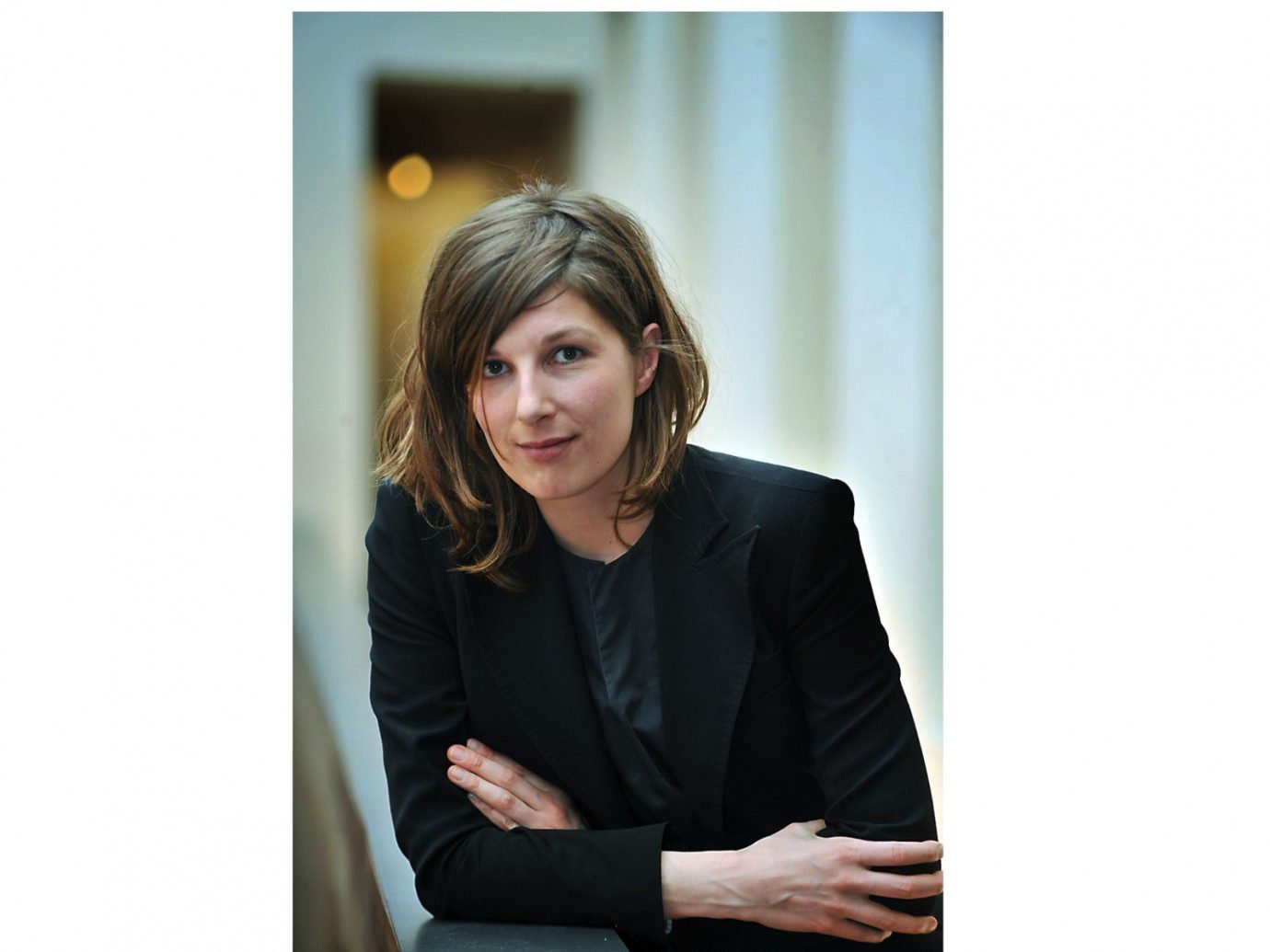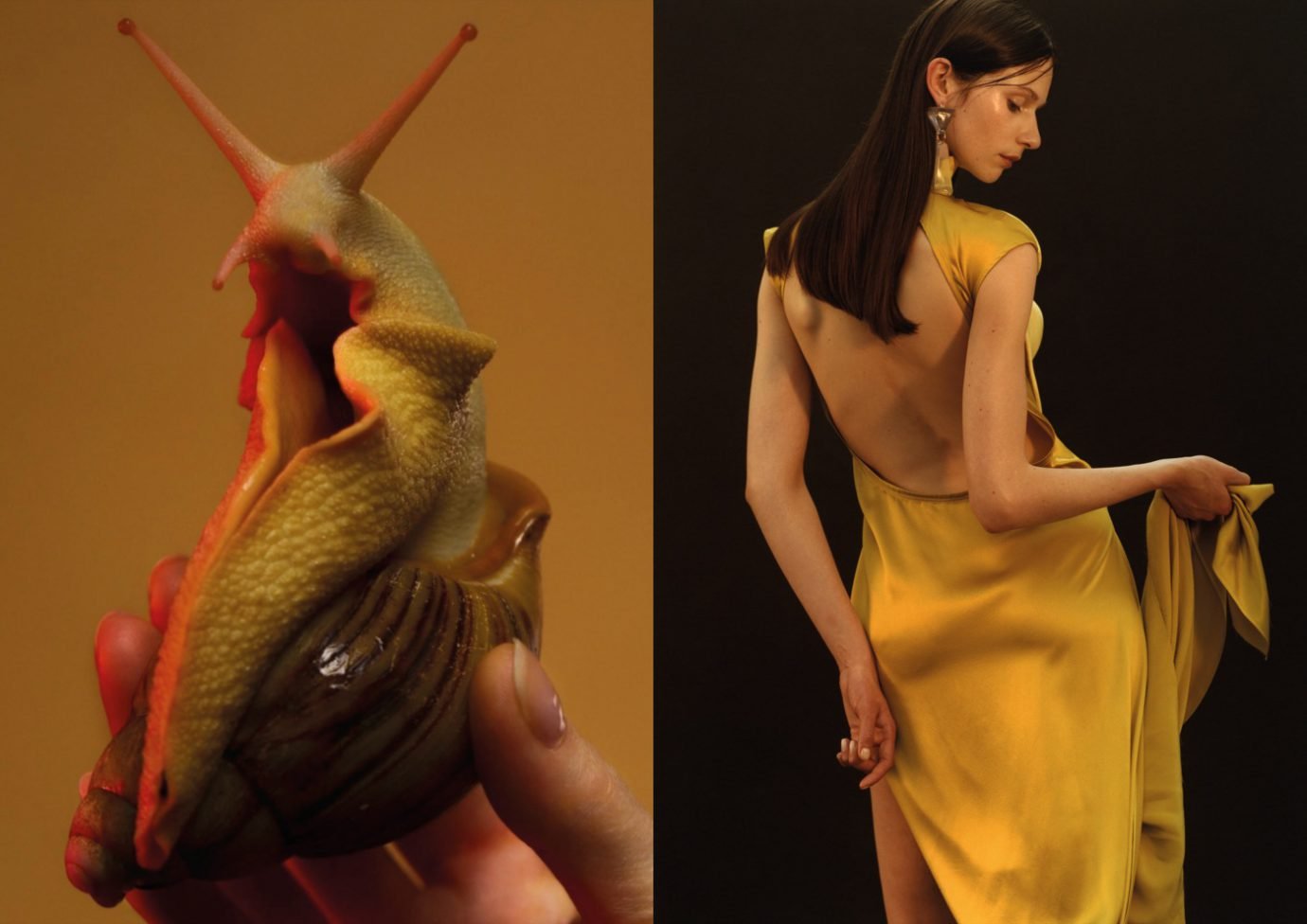“BERLIN, BECAUSE I DIDN’T KNOW IT, WAS A VERY NICE CITY TO WRITE IN ALONE. I COULD SPEND WEEKS ON WORKING IN THE SAME ROOM WHILE RETAINING A DECENT LEVEL OF SANITY. LONDON, FOR WHATEVER REASON, MAKES YOU FEEL VERY PECULIAR SPENDING SO MUCH TIME BY YOURSELF.”
How has Berlin inspired your work?
On a personal level, Berlin made me a lot happier, able to breathe and write more easily. In terms of inspiration though, it presented me with a very contemporary (almost comic) issue: an acute self-awareness of place and history. Berlin, Prague, Paris – we visit these places, and to an extent become a character which we know well, too well, from books and films.
People like Kafka, Auden and Christopher Isherwood spent time in Berlin, but when they were young and in a sort of ‘gap year’ capacity. Their work was influenced by the city, but it appeared in their writing much later on, in fragments and very naturally. In my play Wannsee, which I wrote in and about Berlin, one of the characters Woods, a writer, moves to the city to write something monumental. With every situation or character he finds, he attempts to force literary magic from the encounter, and of course is disappointed again and again.
What happened to the play?
I came back to London last January basically to put the play on here in London. It ran from Wednesday the 11th to the 14th of May at the Bridewell Theatre.
Where will the play go next?
Berlin! I’m curious as to what the Berlin audience will respond to, or find funny compared with the London audience. There’s a lot of absurd criticism of London, which the Bridewell audience responded to well; while being nostalgic of the setting if they had visited Berlin, or nostalgic in a more general way of traveling in Europe. I’m interested to see Berlin’s response.
Will you move back to Berlin?
For the time being I will be staying in London, but mostly for practical reasons. Writing and performing comfortably in German would be a life-long struggle. London, if you want to do theatre in English, is the most obvious choice. But I’m looking forward to spending a lot of time in Berlin over the next few years. I really do love it, and for lots of reasons. Away from the stereotypes that it’s normally associated with — the Berghain and speed — there are so many wonderful things to discover: a daring and un-snobbish art-scene, the lakes and parks, the incredibly warm welcome you receive from nearly everyone you meet there. Wannsee comments on the decadence and frivolity of expat living, but it is mostly a love letter to a great, important and unique city.

